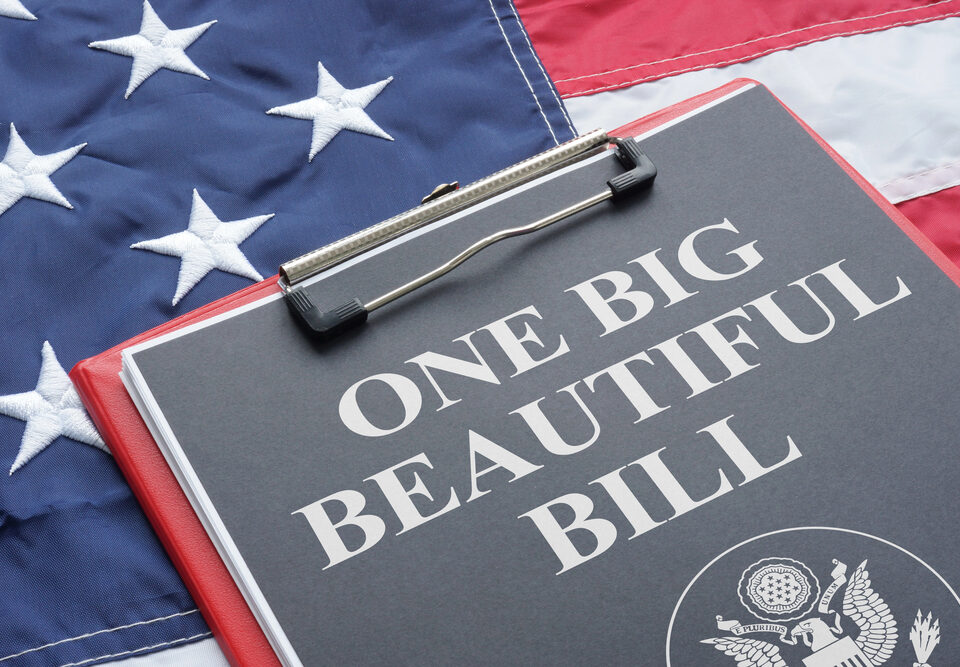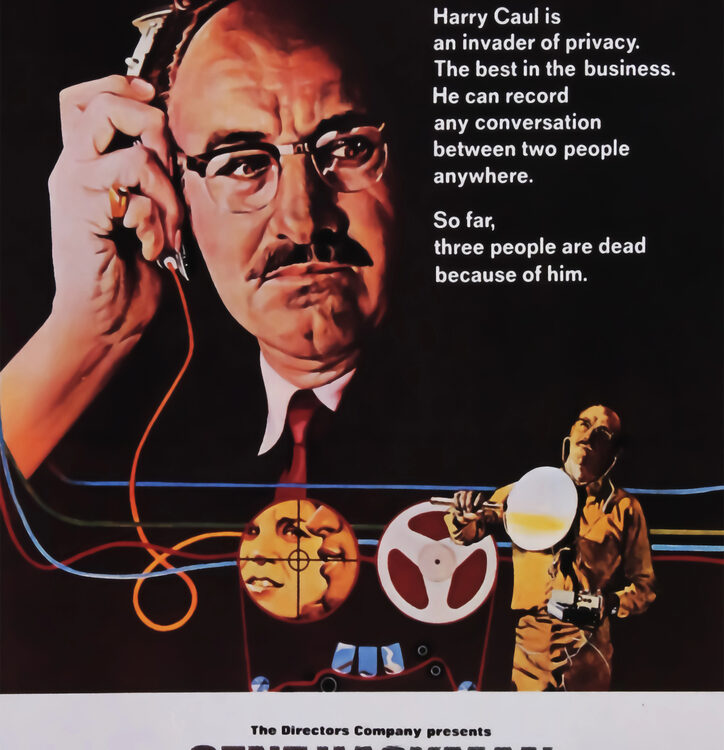
Boomers Can’t Keep Up with Crushing Senior Care Costs
April 29, 2023
Some Assisted Living Homes Are Evicting Seniors and Rejecting Medicaid
May 12, 2023A lot of people in the US aren’t clear on exactly how charitable giving works, or all the rules and regulations around it. But that doesn’t mean they’re not in favor of it. In 2022, Indiana University’s Lilly Family School of Philanthropy conducted a survey of more than 1,300 people. They asked questions about philanthropy and charitable giving to gauge overall understanding of the practice.
The survey’s results indicated that wealthier households understood more about the practice than households with lower incomes, and that the age of the survey participants also mattered when it came to how much they knew about philanthropic interests. Many Americans regularly interact with nonprofit organizations, but they can have different understandings of those interactions.
The details of what a nonprofit actually does, how it differs from a for-profit company, and how donations are collected or used seem to be sticking points for a lot of people in the United States. While some are suspicious of where the money goes, or hold the belief that most of the donations are going to pay large salaries, other people surveyed simply don’t have much information at all.
That’s not to say Americans aren’t interested in the idea of charitable giving and the valuable work that nonprofits do, though. Most people surveyed agreed that giving back to the community is important, and that there are organizations that focus on doing this to help people who need it most.
If people had a clearer understanding of the way nonprofits work and how they can get involved in philanthropy and charitable giving, it could pave the way for more people to give. Even though they’re in favor of the idea of it, understanding the best way to go about being a part of it also matters.
In short, Americans need more information about how to find good organizations, how their efforts can make a difference, and where their donations actually end up. That could help people who are already in favor of charitable giving get involved in it, and show undecided Americans that there is real value in philanthropic efforts.
Whatever your charitable interests or intentions, your estate planning attorney can help you create and implement strategies to bring them to fruition. Contact us to learn more today!




